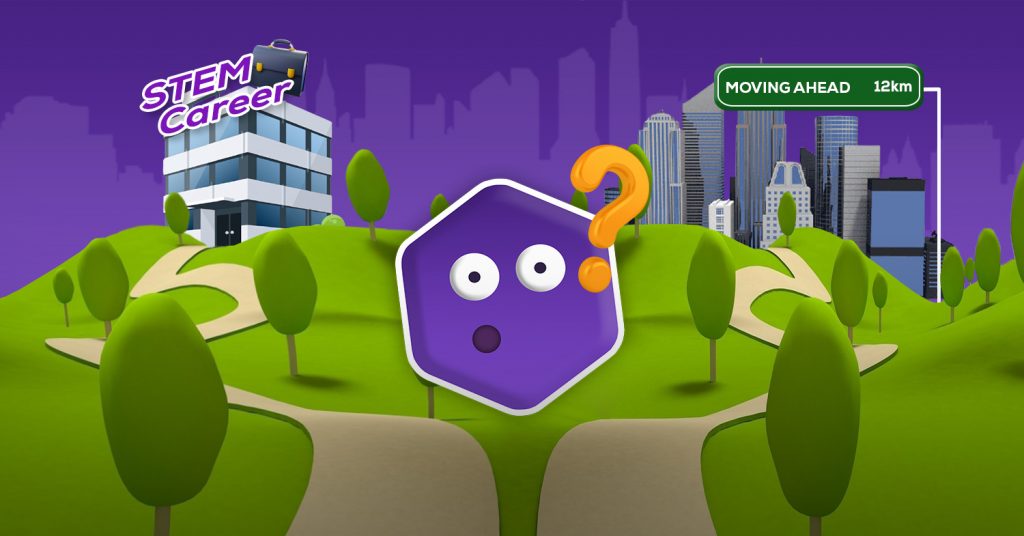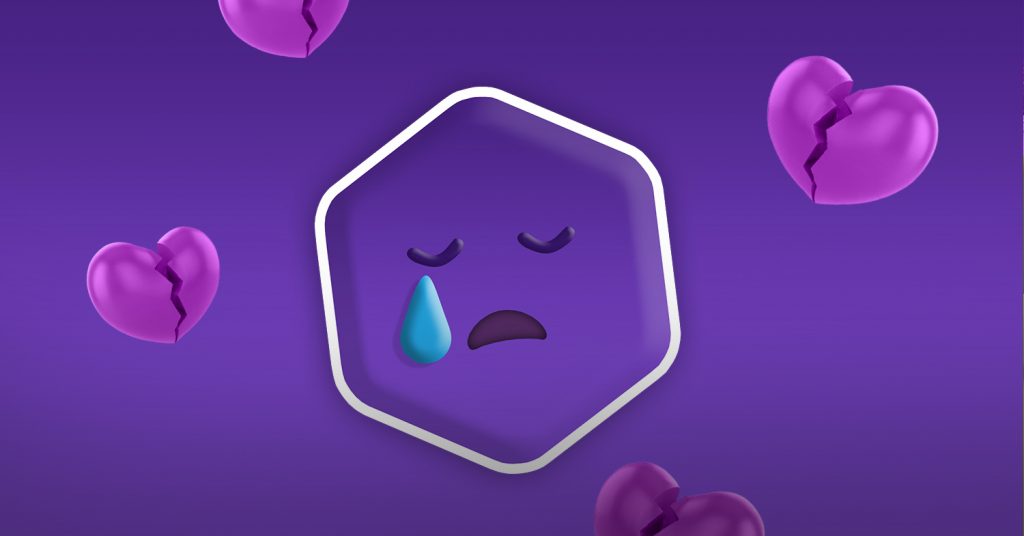Is society moving ahead of traditional STEM career choices?
With the rise of industries such as influencer marketing, Gaming and YouTube there has been a change in what we consider to be a “career” and what we want out of our future. While traditional industries like STEM still remain popular, they are not the pinnacle anymore and this is not reflected by the way that people come into these new careers. It’s about expertise, but it now includes those who show their skills through online platforms rather than those who have scientific backgrounds.
The traditional path of post-secondary education, i.e. STEM was the most common way to get into a career. While this is still true, young people are more likely to look towards other industries that also require showmanship and expertise. They include culinary arts, accounting, finance or YouTube careers for example where they can showcase how knowledgeable they are through their social media page. This was not the case just a decade ago when these careers were not even remotely possible.
One example of this is how many kids started coding when they were 10 years old after getting an interest in it from seeing the app “Minecraft”. This made them draw interest in programming and learning about coding. The change in what inspires people can be seen in the rise of coding academies to teach kids how to code, which were unheard of not too long ago. The reason for this is that parents are afraid that their kids will not get into STEM careers because they don’t have the necessary background.
Parents are also afraid that society is changing in how it values different careers and therefore they encourage their kids to learn STEM very early on, sometimes at much younger ages than when coding was introduced to the masses. Some parents even believe that their kids will never want to pursue scientific or STEM careers when they grow up if they do not start young enough, but in reality, it’s the opposite.
With evolving technologies, doors will open for career opportunities which have never been thought or seen before in human history. Lucrativeness also lies in the areas which are still evolving or are yet to unfold. The ground lies ahead for parents as well as the students to make a choice right now thinking far ahead in the future. The question is, are people aware of what they’re good at and what are the areas they can explore?



